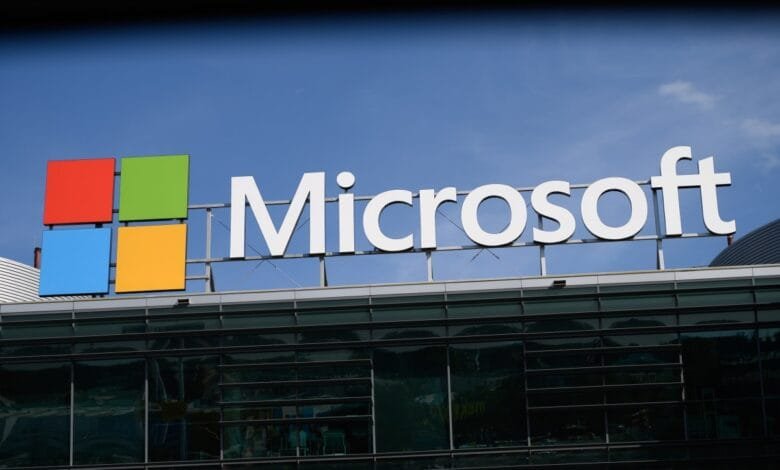Microsoft Embraces Google’s AI Agent Linking Standard

▼ Summary
– Microsoft is adopting Google’s Agent2Agent (A2A) protocol to enable AI agents to communicate across platforms, integrating it into Azure AI Foundry and Copilot Studio.
– Microsoft joined the A2A working group on GitHub to contribute to the protocol, aiming to foster collaborative, observable, and adaptive AI software.
– A2A allows AI agents to work together across different clouds and apps, exchanging goals and actions while providing developers with interoperable components.
– Once implemented, Microsoft’s AI agents will collaborate with external agents, such as those from Google, to perform tasks like scheduling meetings or drafting emails.
– The AI agent market is growing rapidly, with 65% of companies experimenting with AI agents and projections estimating it will reach $52.62 billion by 2030.
Microsoft has announced plans to integrate Google’s Agent2Agent (A2A) protocol into its AI development platforms, marking a significant step toward cross-platform AI collaboration. The tech giant will add support for the open standard in Azure AI Foundry and Copilot Studio, enabling AI agents built on Microsoft’s platforms to interact seamlessly with external systems.
By joining the A2A working group on GitHub, Microsoft aims to contribute to the protocol’s development while ensuring its tools remain compatible with emerging industry standards. The company emphasized that future AI solutions should operate fluidly across different clouds, applications, and ecosystems rather than being confined to a single environment.
Google introduced A2A in April as a way for AI agents—semi-autonomous programs capable of executing tasks—to communicate securely across diverse platforms. The protocol allows agents to share objectives and trigger actions, giving developers standardized components for building interconnected workflows. Once implemented, Microsoft’s integration means an agent created in Copilot Studio could, for instance, coordinate with a Google-based agent to manage scheduling and email automation without manual intervention.
Microsoft highlighted that this move aligns with broader industry efforts to establish shared agent protocols, ensuring governance and compliance while enabling sophisticated multi-agent systems. The company recently adopted Anthropic’s MCP standard for similar purposes, following commitments from Google and OpenAI earlier this year.
The push toward agentic AI reflects growing enterprise demand for productivity-enhancing automation. Research from KPMG indicates that 65% of companies are actively testing AI agents, while MarketsandMarkets forecasts the sector’s value will surge from $7.84 billion in 2025 to $52.62 billion by 2030. Despite technical challenges, cross-platform interoperability remains a priority as businesses seek scalable AI solutions.
Microsoft’s embrace of A2A underscores the industry’s shift toward open collaboration, where competing platforms work together to advance AI capabilities. As standards evolve, seamless agent communication could redefine how enterprises deploy intelligent automation across their workflows.
(Source: TechCrunch)





